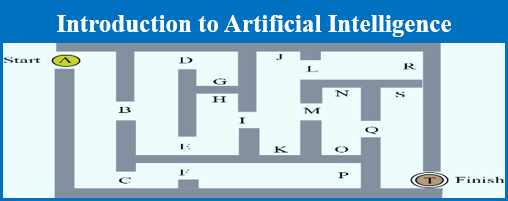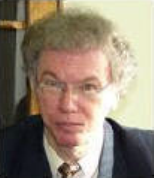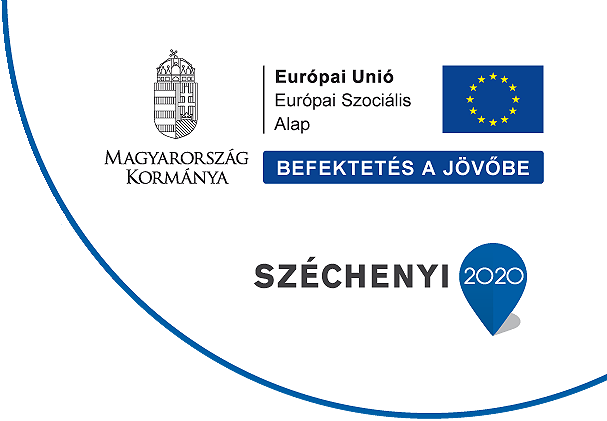Dr. Samad Dadvandipour
Samad Dadvandipour is an associate professor in the Institute of Information Science at the University of Miskolc, HUNGARY. He has got his master degree in Mechanical Engineer. His Ph.D. degree in Information Science and Technology focused on Production Information Science. As a researcher and professor dealing with different kinds of training courses in Computer Integrated Manufacturing (CIM), Mechanical Engineering, Production Engineering, Material Science, Enterprise Resource planning, Mechatronics, Artificial Intelligence (AI)and Artificial Neural Networks (ANN) in educational areas.His activities are in connection with BSc, MSc and Ph.D. students. AI and its sub-branch ANN along with production information Science are the stimulating areas of his research works. He has more than 70 International publications and has taken part in many international conferences. He was also a member of International Committee of some International conferences and peer-reviewer of International journals too. Concerning his connection with AI and Artificial Neural networks declares that this very young field cover a broad area of sciences and research and development. Despite the fact, it grows up very fast, as it involves most of the basic sciences. The future is the era of digitalization; then it is obvious the AI has a very significant role providing the creative and intelligent environment.


